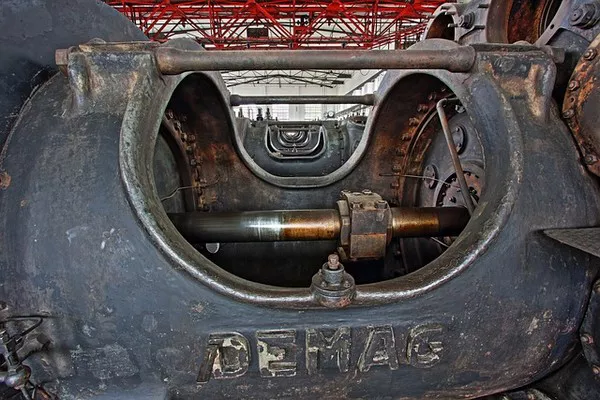General Motors (GM) is poised to enter the next phase of its federally-funded hydrogen fuel cell pilot, targeting medium-duty trucks as part of its vision for a hydrogen-centered fleet worksite solution. The initiative, backed by the Department of Energy (DOE), aims to develop medium-duty trucks powered by GM’s Hydrotec fuel cells while also establishing infrastructure for hydrogen refueling and production.
In this latest stage of the project, GM plans to deploy field evaluation fleet trucks built with a frame akin to the 2024 Chevrolet Silverado 5500, boasting a 19,500-pound gross vehicle weight rating. Operating within an 800 V architecture and equipped with over 300 kW of peak power, these prototypes are designed to offer a range of at least 300 miles, contingent upon various factors such as ambient temperature, battery condition, and terrain.
The U.S. Army’s Ground Vehicle Systems Center is augmenting the project’s funding, particularly for the development of fuel cell propulsion systems. GM’s Hydrotec fuel cells, which convert stored hydrogen energy into electric power, offer several advantages for fleet operations, including lightweight design, efficient electron storage, capacity for heavy payloads, and quiet operation with minimal moving parts. Moreover, hydrogen fuel cells provide a clean alternative to diesel fuel, producing zero tailpipe emissions while maintaining comparable capabilities in towing and handling large payloads.
One of the key advantages of hydrogen fuel cells is their ability to support long-range trucking needs, making them well-suited for applications involving distances ranging from 200 to 650 miles. Unlike battery electric vehicles (BEVs) that rely on lengthy charging sessions, fuel cells enable fast refueling, making them increasingly attractive for medium- and heavy-duty trucks, buses, mining equipment, and forklifts.
GM’s pilot project also encompasses the deployment of a proton exchange membrane (PEM) electrolyzer to produce hydrogen on-site, facilitating a high-purity output by splitting water into hydrogen and oxygen. This green hydrogen, generated using renewable energy sources, aligns with sustainability goals and reduces environmental impact.
Partnering with Southern Company, GM intends to utilize Hydrotec trucks as shop vehicles across its worksites, with subsidiary Georgia Power developing a microgrid incorporating a mobile power generator and stationary fuel cell for hydrogen production. This integrated configuration aims to optimize energy usage, leveraging hydrogen release during off-peak hours to power operations when grid power is costlier.
Contributions from Norway-based Nel ASA, including advanced PEM electrolyzers, further enhance the project’s capabilities, with the company’s gigafactory in Plymouth poised to manufacture next-generation PEM stacks co-developed with GM. With support from the DOE and industry partnerships, GM’s hydrogen fuel cell pilot signifies a significant step towards sustainable fleet solutions and underscores the potential of hydrogen technology in addressing transportation challenges.

